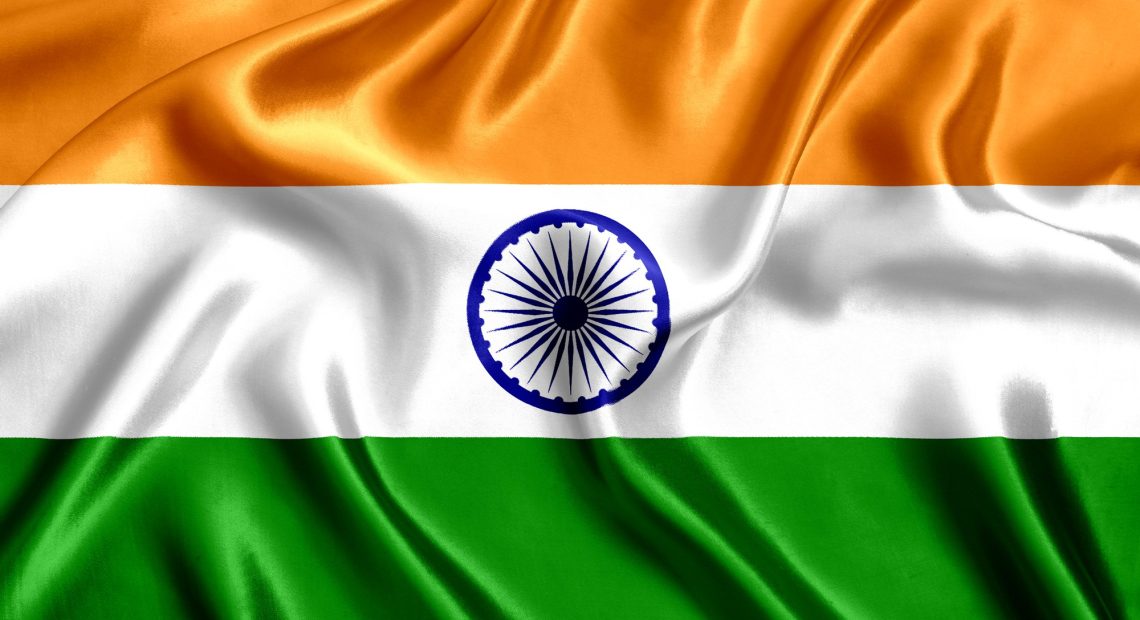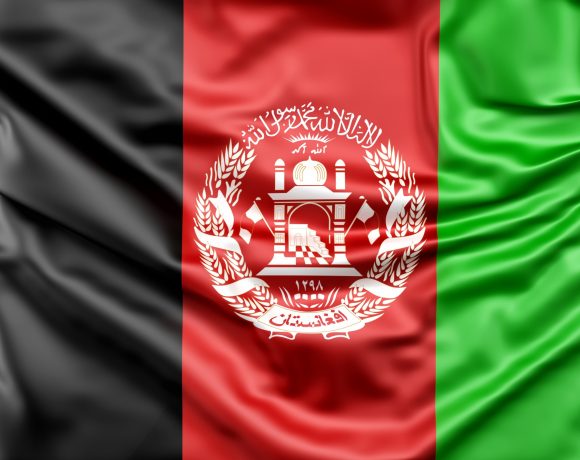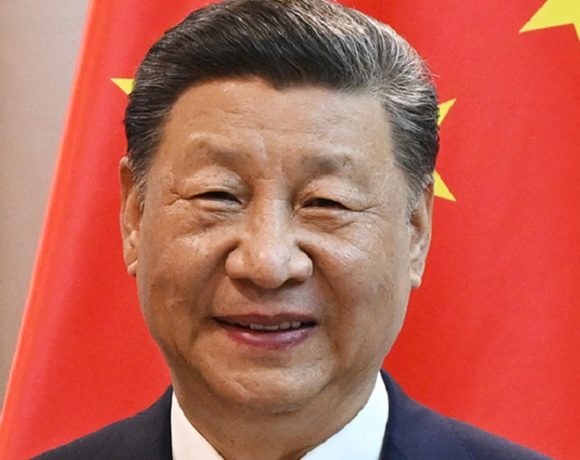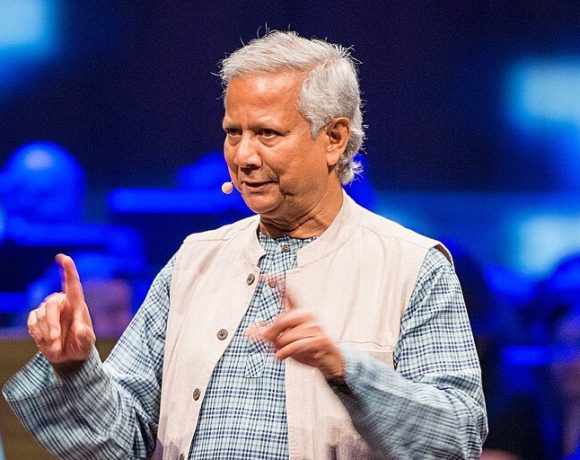
India Rejects U.S. Panel’s Religious Freedom Report as Biased
India has strongly rejected the recent report by the U.S. Commission on International Religious Freedom (USCIRF), calling it a “continued pattern of biased and politically motivated assessments.” The Ministry of External Affairs (MEA) stated that the findings presented in the report misrepresent facts on the ground and fail to acknowledge India’s pluralistic and democratic framework.
The MEA emphasized that such reports appear to be driven more by political agendas than objective analysis. The government reiterated its commitment to protecting religious freedom for all citizens, noting that India’s Constitution guarantees equal rights and protections regardless of religious affiliation.
India Criticizes Calls for Sanctions
The USCIRF had called for India to be designated a “country of particular concern” over alleged violations of religious freedom. It also recommended imposing sanctions on specific Indian officials. India has categorically rejected these recommendations, calling them unwarranted and unjustified.
Officials argued that such reports ignore the progress India has made in upholding democratic values and the inclusive nature of its society. They also pointed out that these assessments selectively highlight incidents while ignoring the broader context and the actions taken by Indian authorities to address them.
Ongoing Pattern of Disputed Reports
This is not the first time India has criticized the USCIRF. In recent years, similar reports have been dismissed for lacking nuance and relying on sources that, according to Indian authorities, do not reflect the country’s ground realities. India maintains that internal matters should not be judged through external lenses influenced by political bias.
The government has called for fairer, evidence-based evaluations of its religious freedom record and urged international bodies to avoid politicizing sensitive domestic issues. As India continues to assert its sovereign stance, the MEA reiterated that the country’s democratic institutions are fully capable of protecting the rights and freedoms of all communities.


















